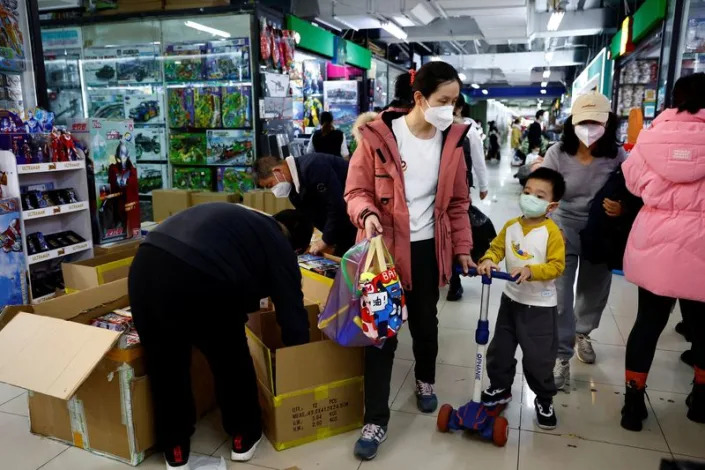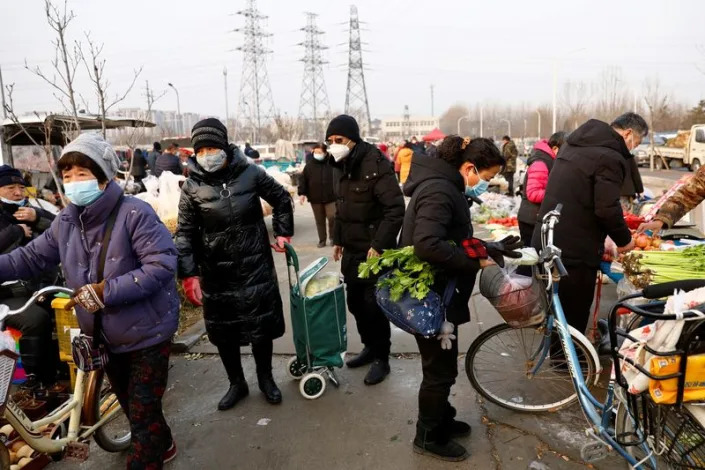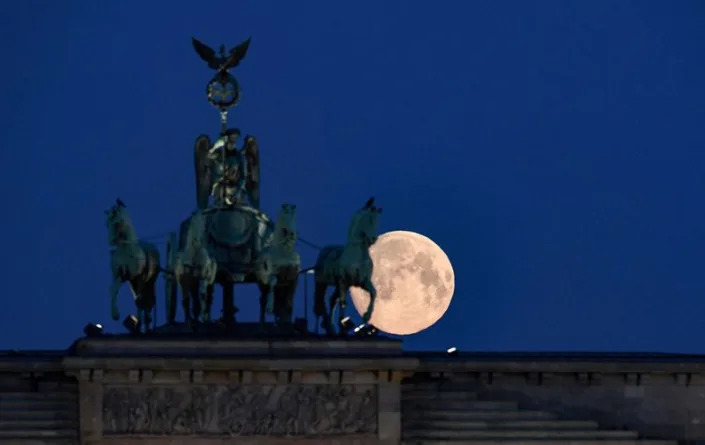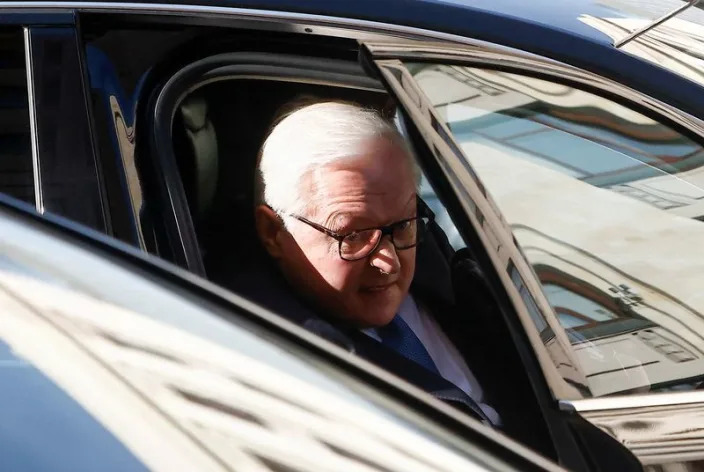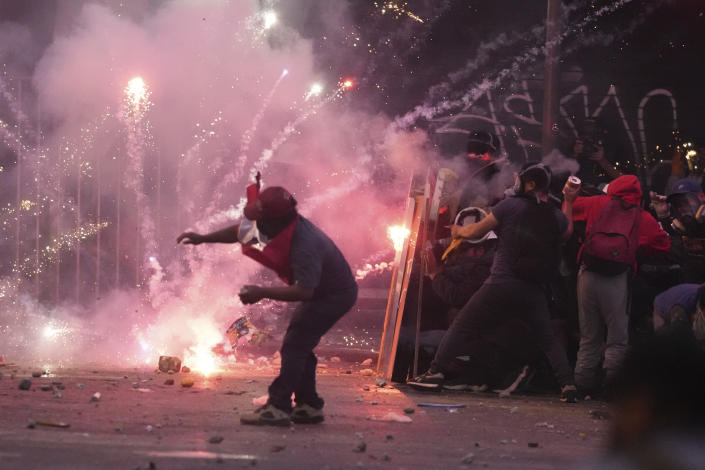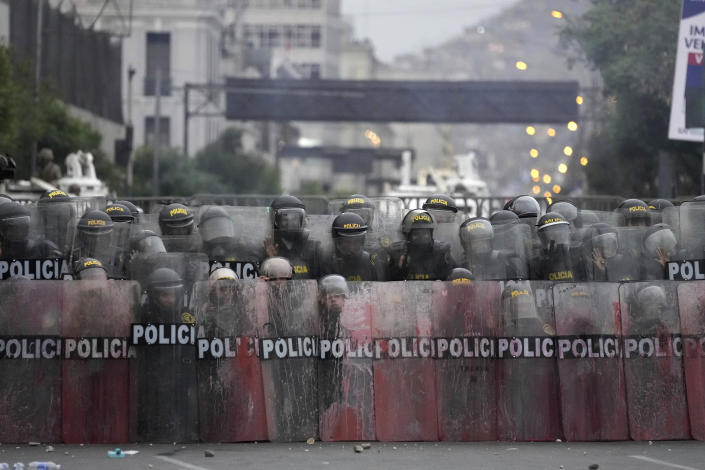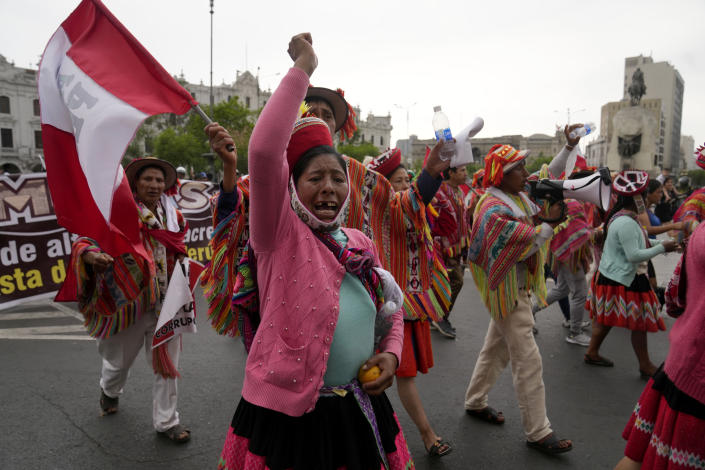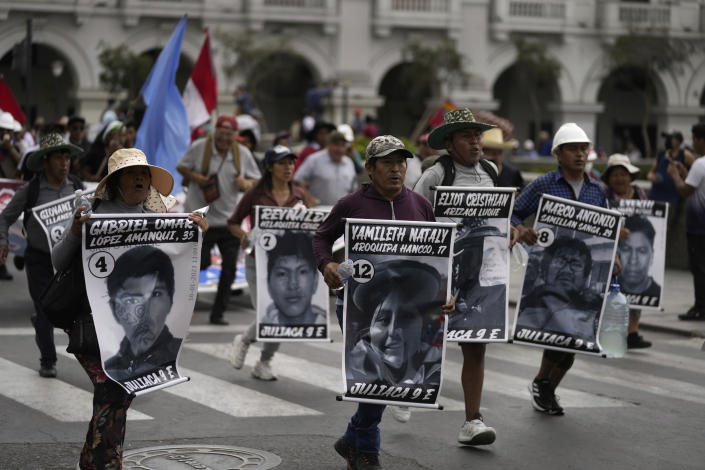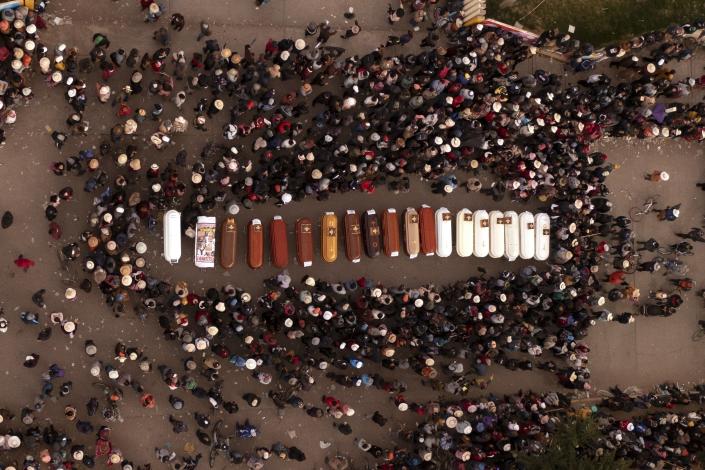Story by By Sara Miller/ The Media Line • 13h ago
Members of Israel’s media and experts in the field are expressing opposition to a threat by the new government to shutter state-funded public broadcaster Kan, saying it could severely harm the country’s democratic foundations.

Members of the Israeli media protest at a busy intersection in downtown Tel Aviv over the govenrment© (photo credit: THE MEDIA LINE)
Bastions of Israeli journalists gathered at a Tel Aviv cultural center Sunday, vowing to fight Communications Minister Shlomo Karhi’s stated intention to close Kan down.
“There is no place for public broadcasting in Israel,” Karhi, a member of Prime Minister Binyamin Netanyahu’s Likud party, recently told the country’s Channel 12 television station. The market, he argued, should be “opened up to competition.”
It was standing room only as hundreds of members from across the Israeli media crowded into the Brodt Center for Jewish Culture in solidarity with the Kan employees facing job losses and to protest the touted closure.
KAN's outward reach
The broadcaster currently operates three television stations; Kan 11, which is largely news and current events; Makan 33, which has current events and news programs in Arabic; and Kan Educational, which features programs for young people. It also runs eight radio stations, including cultural and news stations as well as stations in Russian, Farsi, and Arabic.

‘Scary time for Israeli democracy’: experts alarmed at threatened closure of public broadcaster© Provided by The Jerusalem Post
Karhi’s declaration that Israel does not need a national public broadcaster has gone largely unnoticed internationally amid the recent uptick in deadly violence and the furor over the government’s plan to overhaul the judicial system.
While critics of the judicial reform plans warn it will give the political echelon unprecedented control over the courts, those at the protest on Sunday drew a direct line between that and the moves against Kan, calling both a threat to Israel’s democracy and freedom of speech.
Prof. Gadi Wolfsfeld, head of the Communications and New Media MA program at Reichman University’s Sammy Offer School of Communication, told The Media Line that the proposed reforms made this “a very, very scary time for Israeli democracy.”
“It’s all part of the same grand plan to [take] as much power as possible and to prevent as much criticism as possible,” Wolfsfeld said. “I wouldn’t be surprised if eventually, we see controls on newspapers as well. As we move to a less and less liberal democracy, we can see more and more of these acts.”
Citing Turkey and Hungary, Wolfsfeld compared the direction in which he said Israel was headed to “nonliberal countries where this is the kind of thing they do.”
“No one says they are going to stop here,” he said. “Let’s take a nightmare scenario, [ultranationalist National Security Minister Itamar] Ben-Gvir becomes stronger and stronger. They’ll say clearly [that they] want to go after newspapers as well, and then of course the internet. This is what this kind of government does: They take away the voice of dissent, they take away freedom of expression, they take away the opposition.”
“He can make all the excuses he wants, but if he’s neutralizing, basically castrating the Supreme Court and they’re doing all the other things they want to do, yes, I think that the backlash is going to have an effect.”Prof. Gadi Wolfsfeld, Communications and New Media at Reichman University
Professor Nicholas John of the Department of Communication and Journalism at the Hebrew University of Jerusalem also believes that the new government is attempting to quell media criticism of its activities but is additionally trying to control artistic expression.
Related video: Call for de-escalation between Israel and Palestine(KERO 23 Bakersfield, CA Duration 2:06 View on Watch
“The press is a hugely important part of the proper functioning of the democratic regime,” John told The Media Line. “But with Kan, it goes further than that. It’s not only news, it’s culture. The Israeli state, like many countries, supports culture – the production of TV shows and movies – and I don’t think it’s pushing it to say that the new government is perhaps less keen on free cultural expression than previous governments we’ve had.”
Members of the new coalition, he said, “talk about how government funding shouldn’t be used for the production of documentaries, movies, cultural artifacts that are critical of the army or the state.”
Such thinking, John cautioned, is a “dangerous path” for Israel to go down.
'Our bosses are not the politicians'
“They may feel that the news is too critical of the state and [ask] again why should the state fund its own criticism, which is obviously just to profoundly misunderstand the function of journalism, which is not to be a mouthpiece for the government and its views.”
Yair Tarchitsky, a leader in journalists’ rights and the head of the Union of Journalists in Israel from 2012 to 2021, told The Media Line at Sunday’s protest that “it would be a disaster” if Kan were to be closed and vowed to battle such a decision.
“We need to preserve a strong and independent public broadcaster for the public,” Tachitsky said. “This is the only media outlet that was created with one objective – to serve the public – which is not dependent on the rich or on advertising. It is something that is important to every democratic country, and we are a democratic country.”
He said that he did not believe that Netanyahu could merely be persuaded to keep the broadcaster open and as such, “he needs to understand that there is enough strength and enough public support to fight this.”
Those present Sunday held banners reading “Here and now, protecting freedom of speech” (Kan is a homonym of the Hebrew word for here) and “I too am against the closure of the public broadcaster.”
Avi Weiss, the CEO of Kan rival Hevrat HaHadashot (the News Company), which broadcasts through Israel’s Channel 12 television, told the gathered journalists while the two entities battled one another for scoops and ratings, his organization was firmly behind the public broadcaster.
“Our bosses are not the politicians; our bosses are the viewers and the Israeli public,” Weiss said.
“We are rivals, but we at Channel 12 will fight for the right for a public broadcaster,” he vowed. “We have no other country; we have no other media.”
Some of the protesters then headed to the nearby Rabin Square, sitting in a central intersection and broadcasting their message through loudspeakers.
This is not the first time that the public broadcaster has faced closure during Netanyahu’s stint as prime minister. A similar attempt was made in 2017, during the overhaul of the former incarnation of the public broadcaster, the Israel Broadcasting Authority.
The public broadcaster was tilted too far to the left politically and almost impossible to manage, Netanyahu was quoted as saying at the time. Opposition from within Netanyahu’s then-coalition almost toppled the government and led to a compromise that allowed the new broadcaster to operate as planned.
The new government, however, is the most right-wing in Israel’s history and such. Wolfsfeld says, “composed of people who want to take control of as much of the national media as they can.”
Nonetheless, Wolfsfeld clarified, it was unclear how far the government planned to go with changes to Kan and the courts, and the politically savvy prime minister was aware of both the Israeli public backlash and opposition from its allies around the world.
“I think that Netanyahu is smart enough to realize that if he goes through [with this] there’s a tremendous price to pay, internationally, domestically,” he said.
“He can make all the excuses he wants, but if he’s neutralizing, basically castrating the Supreme Court and they’re doing all the other things they want to do, yes, I think that the backlash is going to have an effect.”







